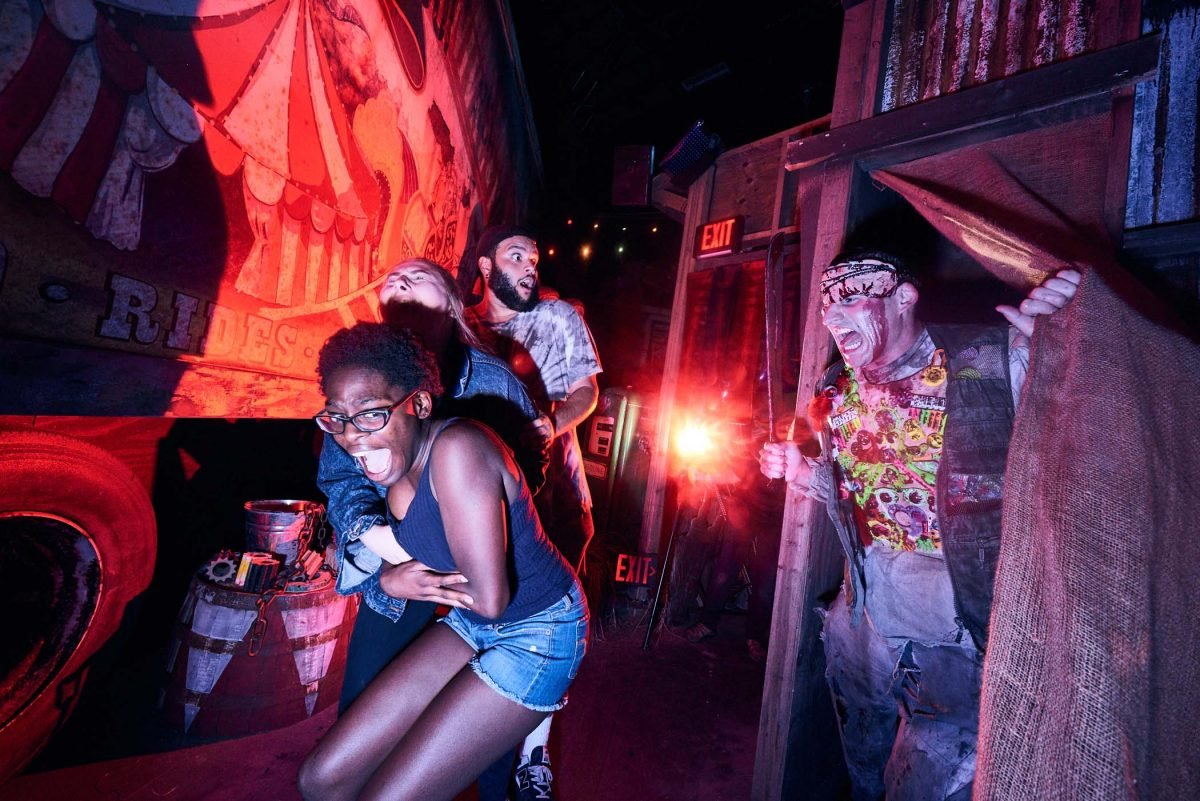Gypsy costumes can be considered offensive due to cultural appropriation. Cultural appropriation involves mimicking the clothing and traditions of a specific culture, which can be harmful and disrespectful.
Dressing up as a Gypsy can perpetuate stereotypes and contribute to the marginalization of Romani people. It is important to be aware of the implications of our costume choices and opt for alternatives that celebrate cultures without appropriating them. By understanding the significance of cultural appropriation and making conscious choices, we can avoid offensive costumes and promote inclusivity and respect.
Understanding Cultural Appropriation And Offensiveness
Wearing gypsy costumes can be offensive due to the concept of cultural appropriation. Cultural appropriation refers to the adoption of elements from another culture without understanding or respecting their significance. When people wear gypsy costumes, they often perpetuate stereotypes and caricatures, reducing a diverse culture to a mere costume.
This can be hurtful and disrespectful to the Romani community, who have faced marginalization and discrimination throughout history. It’s important to approach costumes with cultural sensitivity and respect, educating ourselves about the cultural significance and historical context before deciding to wear them.
By being mindful of the impact our choices may have, we can avoid perpetuating harmful stereotypes and promote cultural understanding instead.
History And Stereotypes Surrounding Gypsy Costumes
The history and stereotypes surrounding gypsy costumes have long been a contentious issue. The origins of the gypsy costume can be traced back to misconceptions and romanticized ideas about the Romani community. These costumes often perpetuate harmful stereotypes, portraying Gypsies as exotic, fortune-telling, nomadic, and promiscuous.
Such portrayals have a negative impact on the Romani community, reinforcing stereotypes and contributing to their marginalization. Gypsy costumes are seen as a form of cultural appropriation, appropriating elements of a marginalized culture for entertainment purposes. It is important to be mindful of the potential offensiveness and harm caused by wearing gypsy costumes, and instead, promote cultural appreciation and respect.
The Debate On Gypsy Costumes: Arguments For And Against Offensiveness
Gypsy costumes have sparked a debate regarding their offensiveness. One argument against these costumes is that they perpetuate stereotypes. By portraying the Romani culture in a stereotypical way, these costumes can be seen as disrespectful. Additionally, they can have a harmful impact on the Romani community, contributing to the marginalization and discrimination they face.
However, there are counterarguments stating that wearing these costumes can be seen as a form of freedom of expression. Some argue that it is a way to appreciate the Romani culture rather than appropriate it. Furthermore, intent versus impact is another aspect to consider in this debate.
While the intent may not be to offend, the impact on the marginalized community cannot be ignored.
Promoting Cultural Sensitivity: Alternatives To Gypsy Costumes
Cultural sensitivity is crucial when it comes to selecting costumes. Instead of gypsy costumes, consider alternatives that promote diversity and inclusivity. Choose authentic cultural attires to celebrate different cultures respectfully. Historical figures and icons can also be great costume choices that honor diversity.
Additionally, fictional characters from diverse backgrounds provide an opportunity to appreciate various cultures. By embracing these alternatives, we can avoid offensive costumes and promote a more inclusive and respectful environment. Let’s strive to celebrate diversity and embrace cultural sensitivity in our costume choices.
Educating And Raising Awareness
Cultural appropriation is a sensitive topic, and it’s crucial to educate ourselves about its implications. Dressing up in gypsy costumes can be seen as offensive because it perpetuates stereotypes and misrepresents an entire culture. However, this issue can be addressed through education and raising awareness.
By understanding the importance of respectful costume choices and promoting dialogue, we can foster a better understanding of different cultures. It’s essential to respect and appreciate the diversity within our society rather than appropriating elements of someone else’s culture. So, let’s take the time to learn, listen, and engage in meaningful conversations to ensure that our costume choices are respectful and inclusive.
Frequently Asked Questions For Are Gypsy Costumes Offensive
What Is An Example Of Cultural Appropriation For Halloween?
Examples of cultural appropriation for Halloween include costumes that mimic and stereotype cultures such as “Mexican” with sombreros and ponchos, “Arab” with keffiyehs and robes, or “Native American Princess” with feathered headdresses.
Why Is It Offensive To Dress Up As Another Culture?
Dressing up as another culture is offensive because it’s cultural appropriation, especially when you mimic their appearance.
How To Avoid Cultural Appropriation In Cosplay?
Want to dress up as a character from another culture, do your research and approach it respectfully.
Is It Ok To Be Dora For Halloween?
Yes, it is perfectly acceptable to dress up as Dora for Halloween.
Conclusion
To the authentic representation of a character, you will likely avoid cultural appropriation in cosplay. It is essential to research and educate ourselves about the cultural significance and context of the characters we choose to portray. Understanding the history, traditions, and symbolism associated with different cultures can help us approach our costumes with respect and sensitivity.
Additionally, engaging in open and respectful conversations with members of the community we are drawing inspiration from can provide valuable insights and guidance. By actively promoting diversity, inclusivity, and understanding within the cosplay community, we can create a space that appreciates and celebrates different cultures without crossing the line into offensive appropriation.
Remember, cosplay is meant to be a form of expression, creativity, and enjoyment, and by following these guidelines, we can ensure it remains a positive and inclusive hobby for all.




